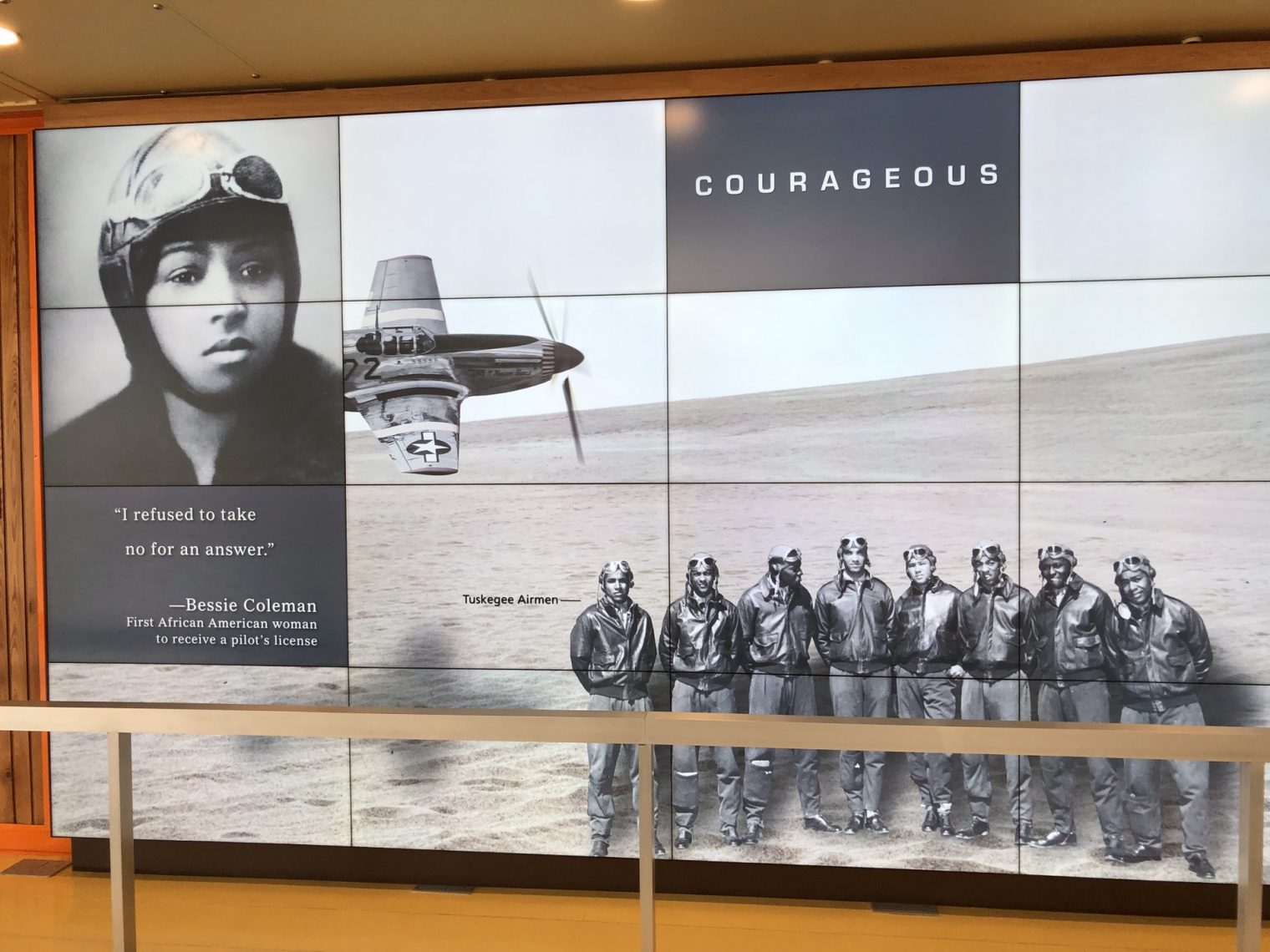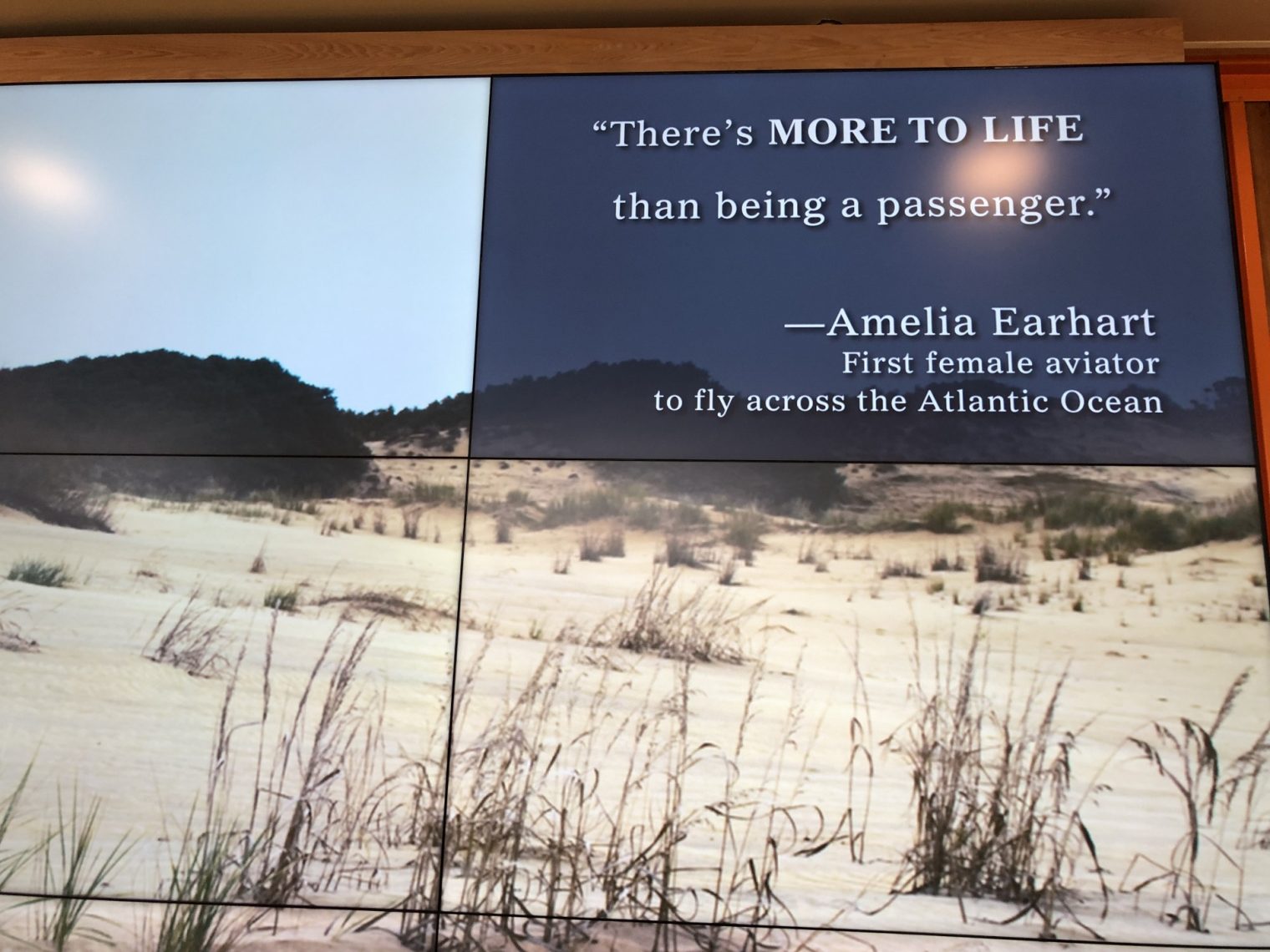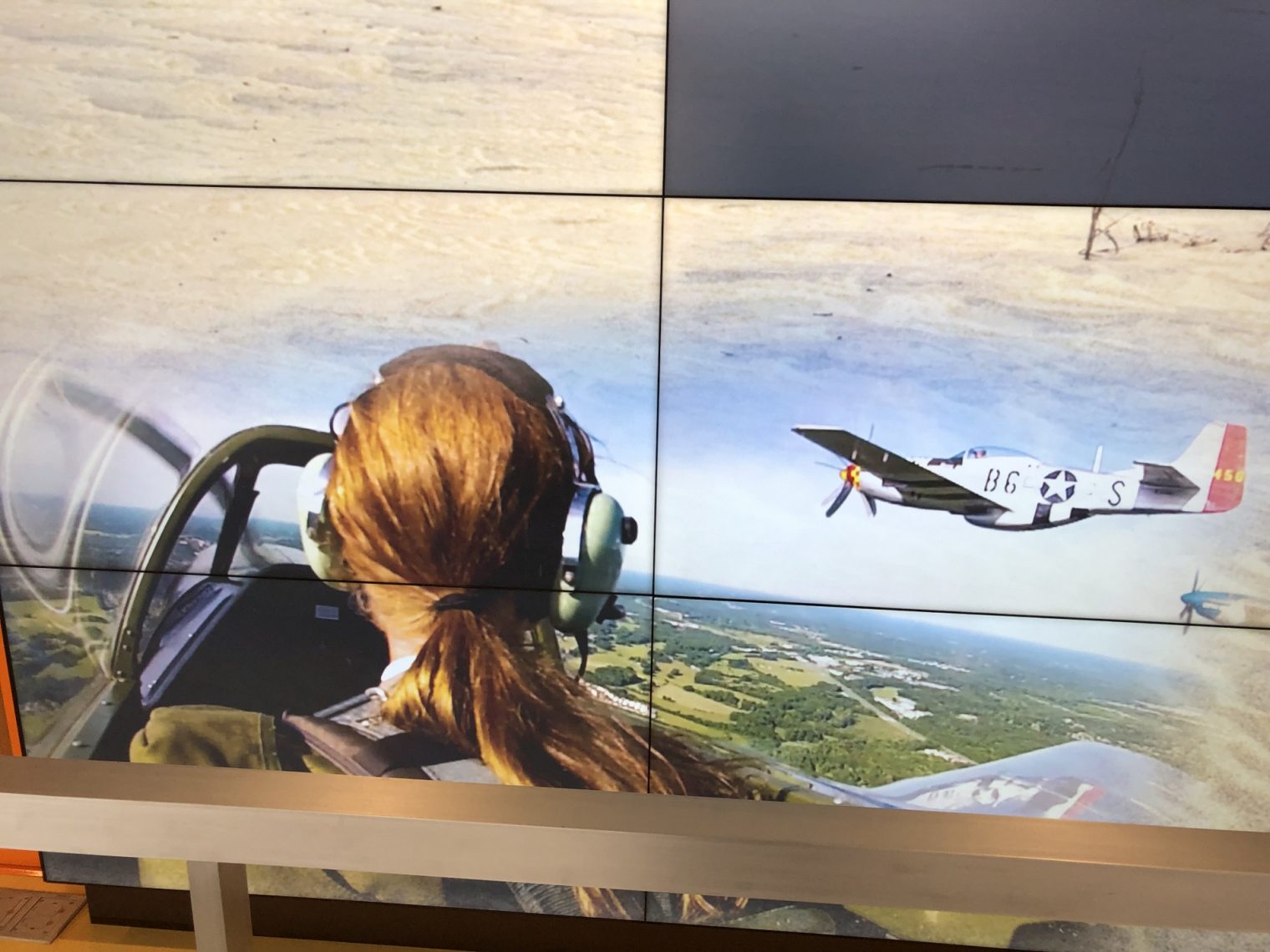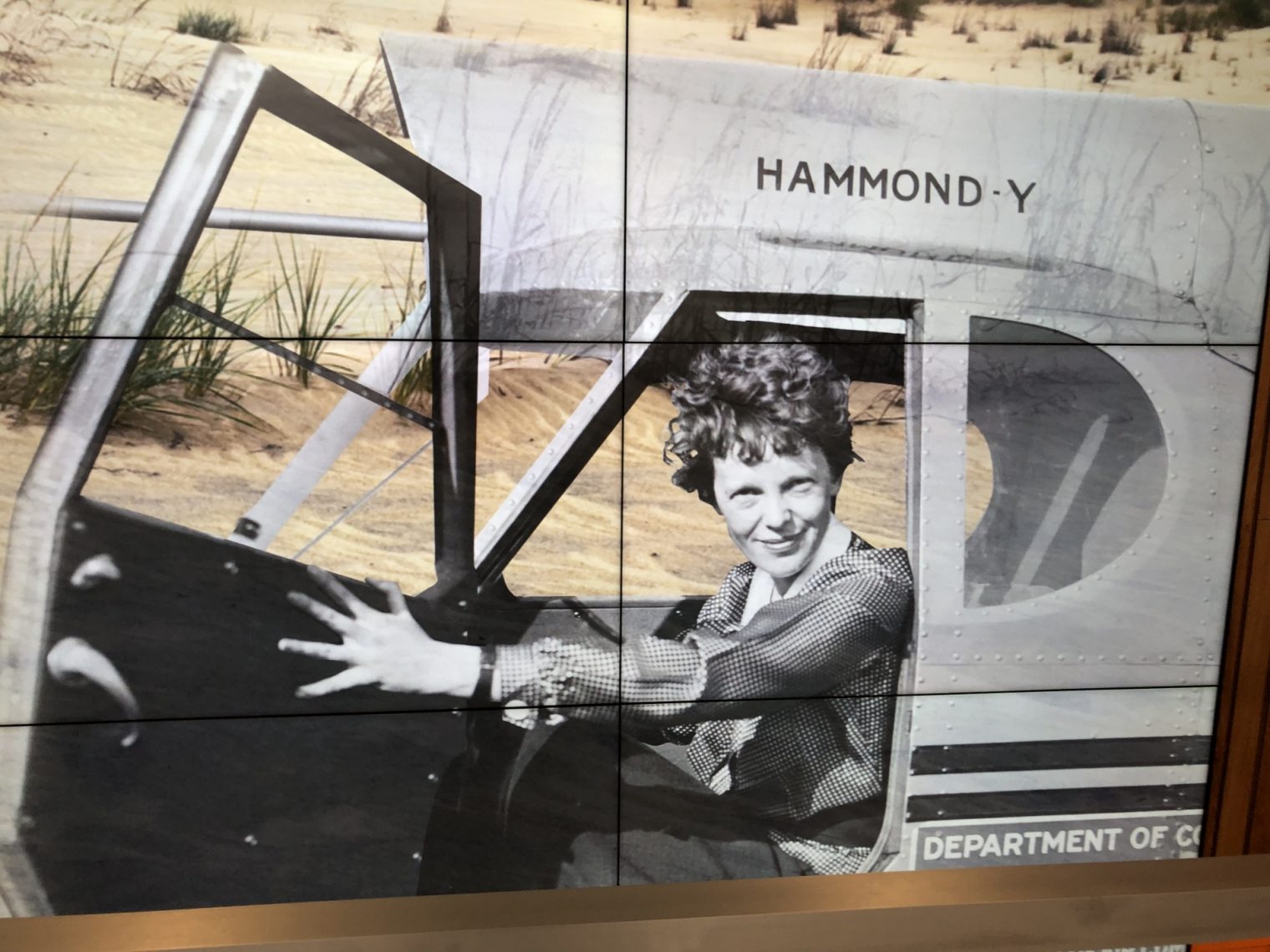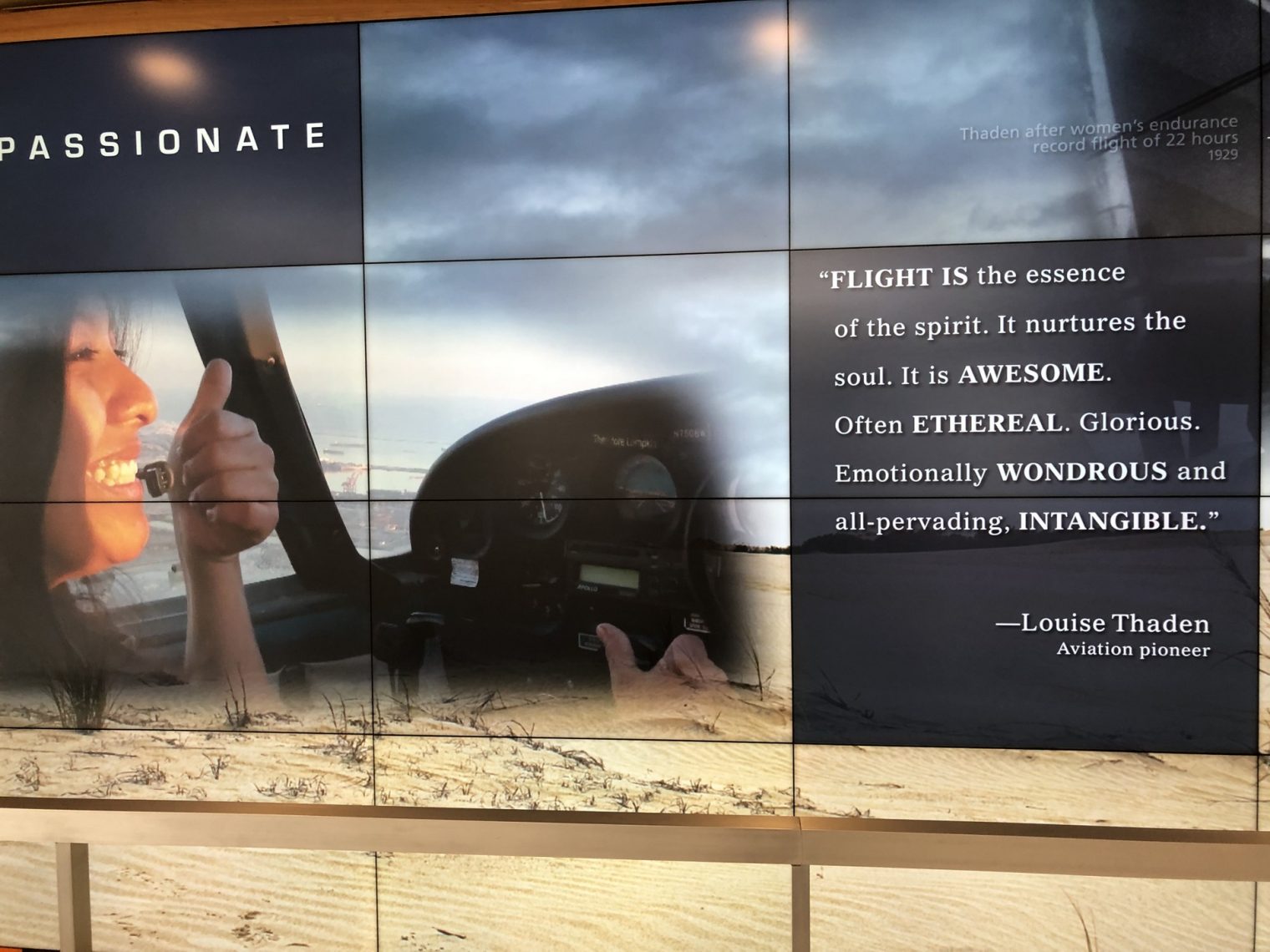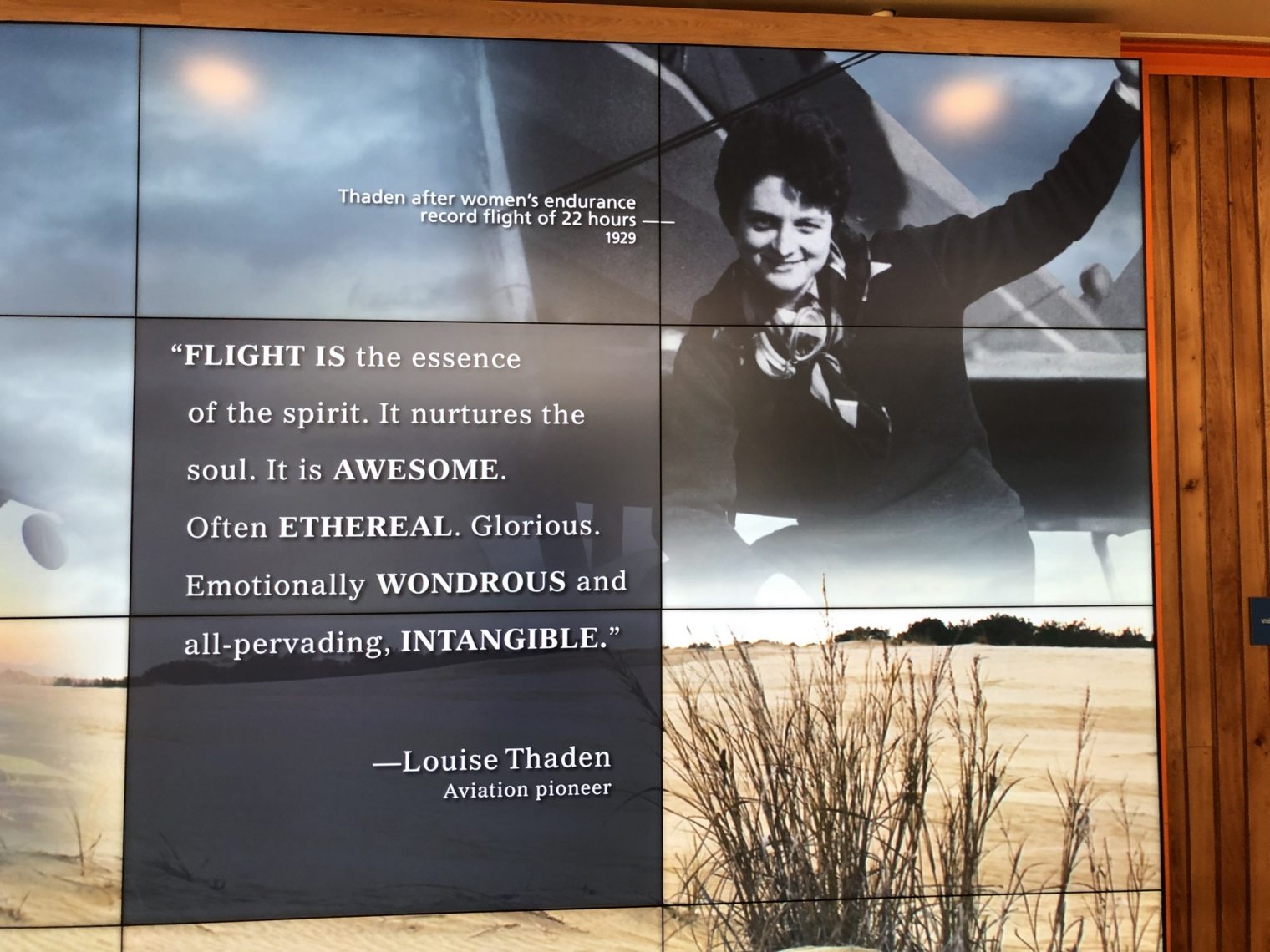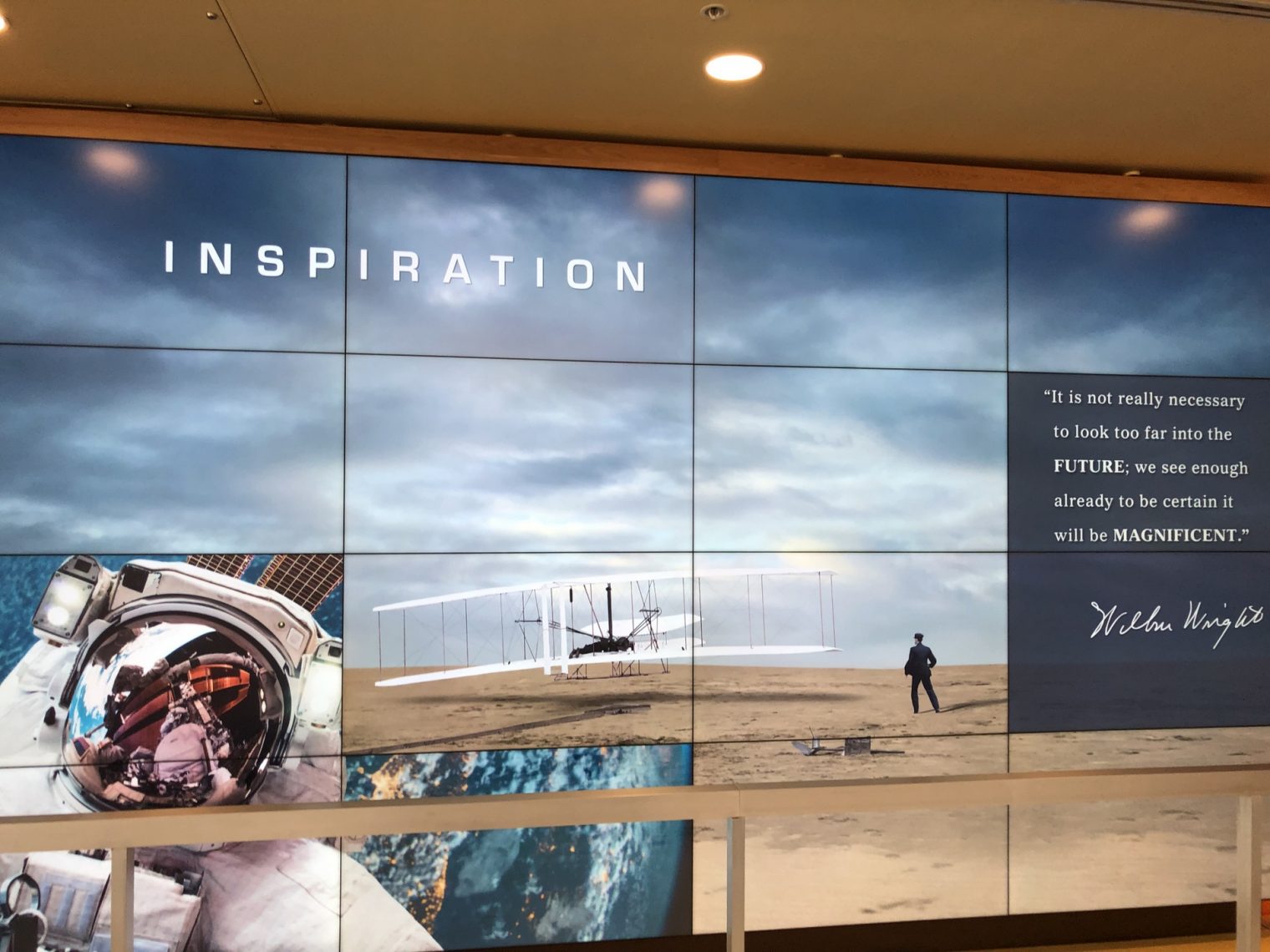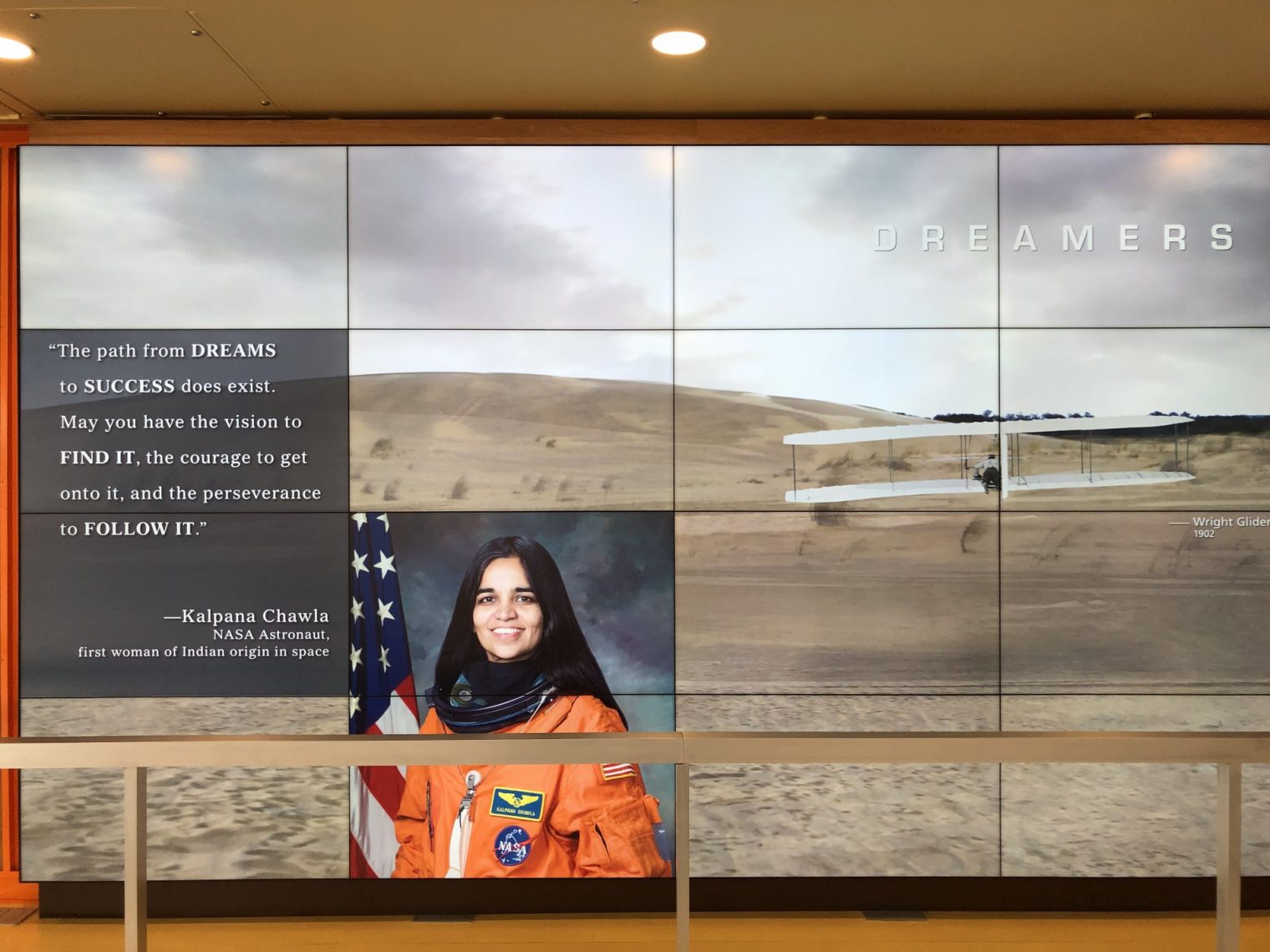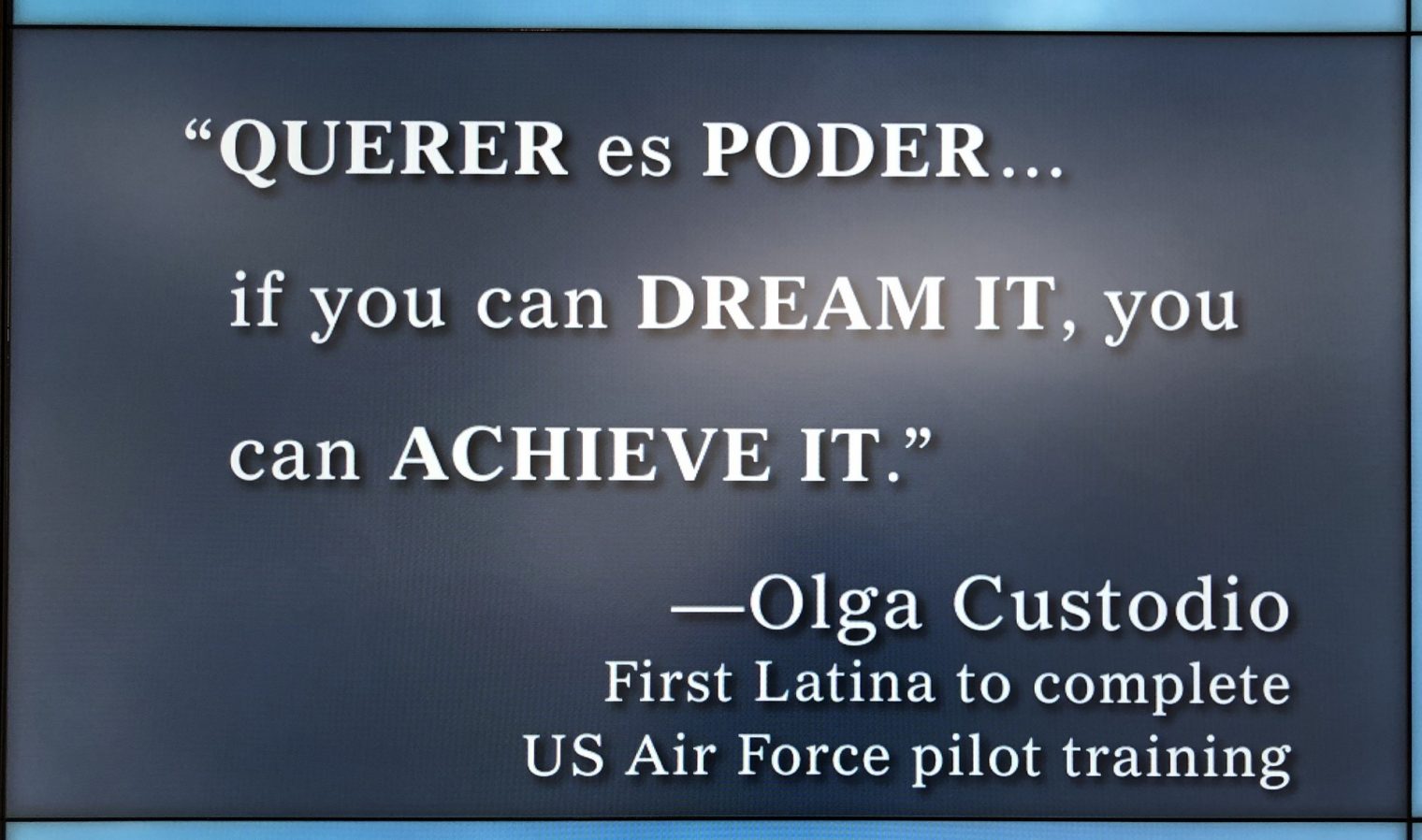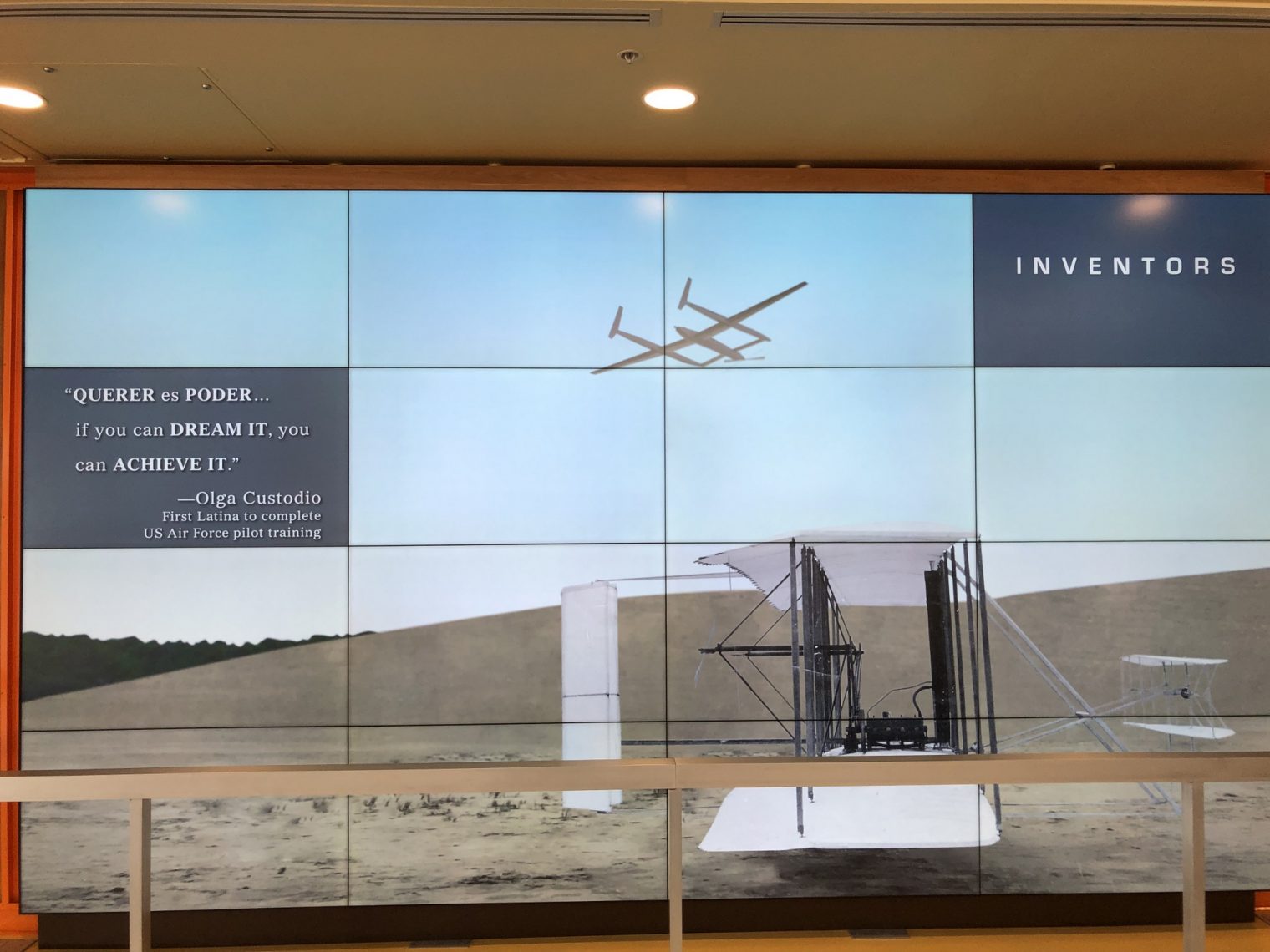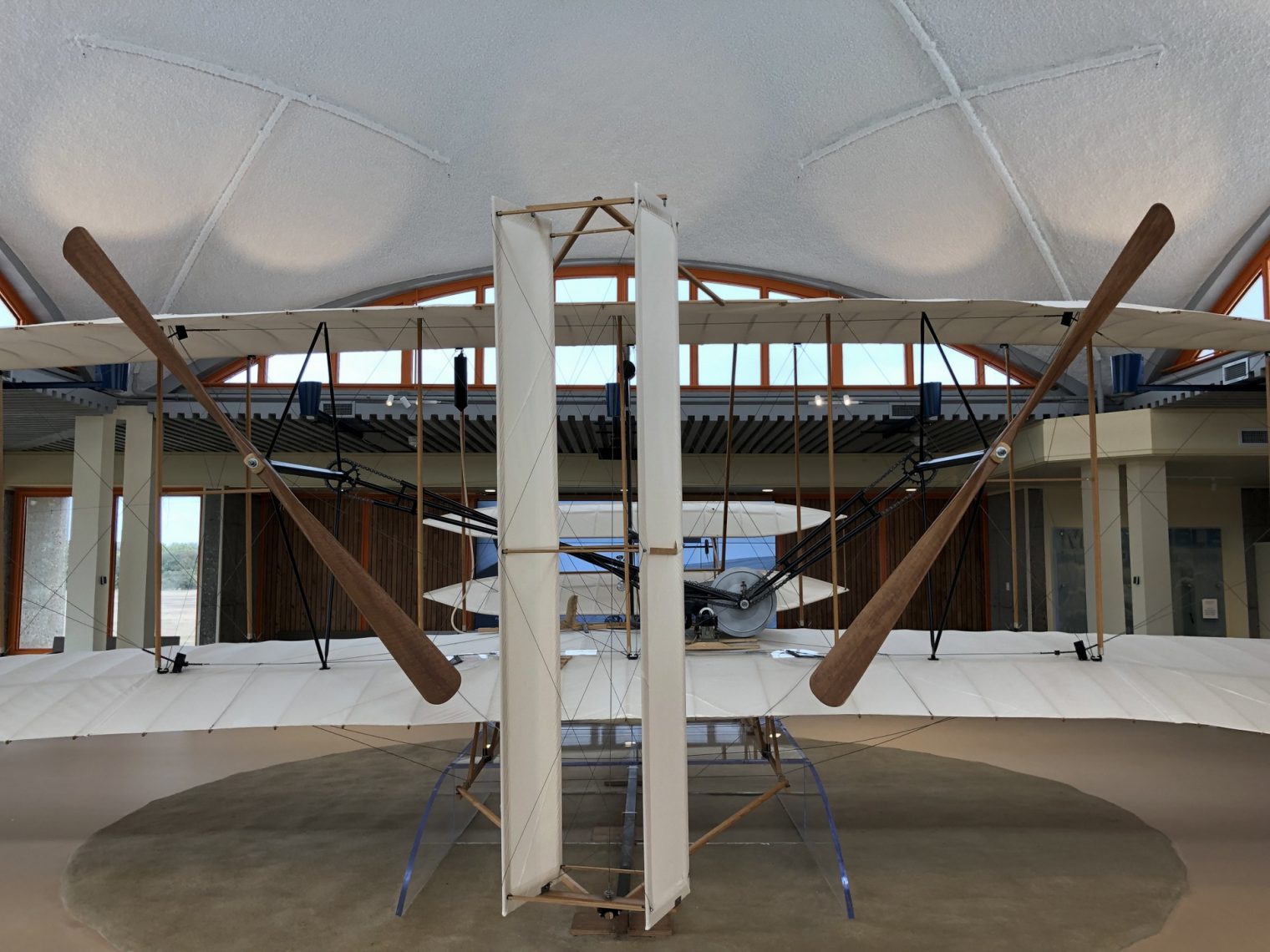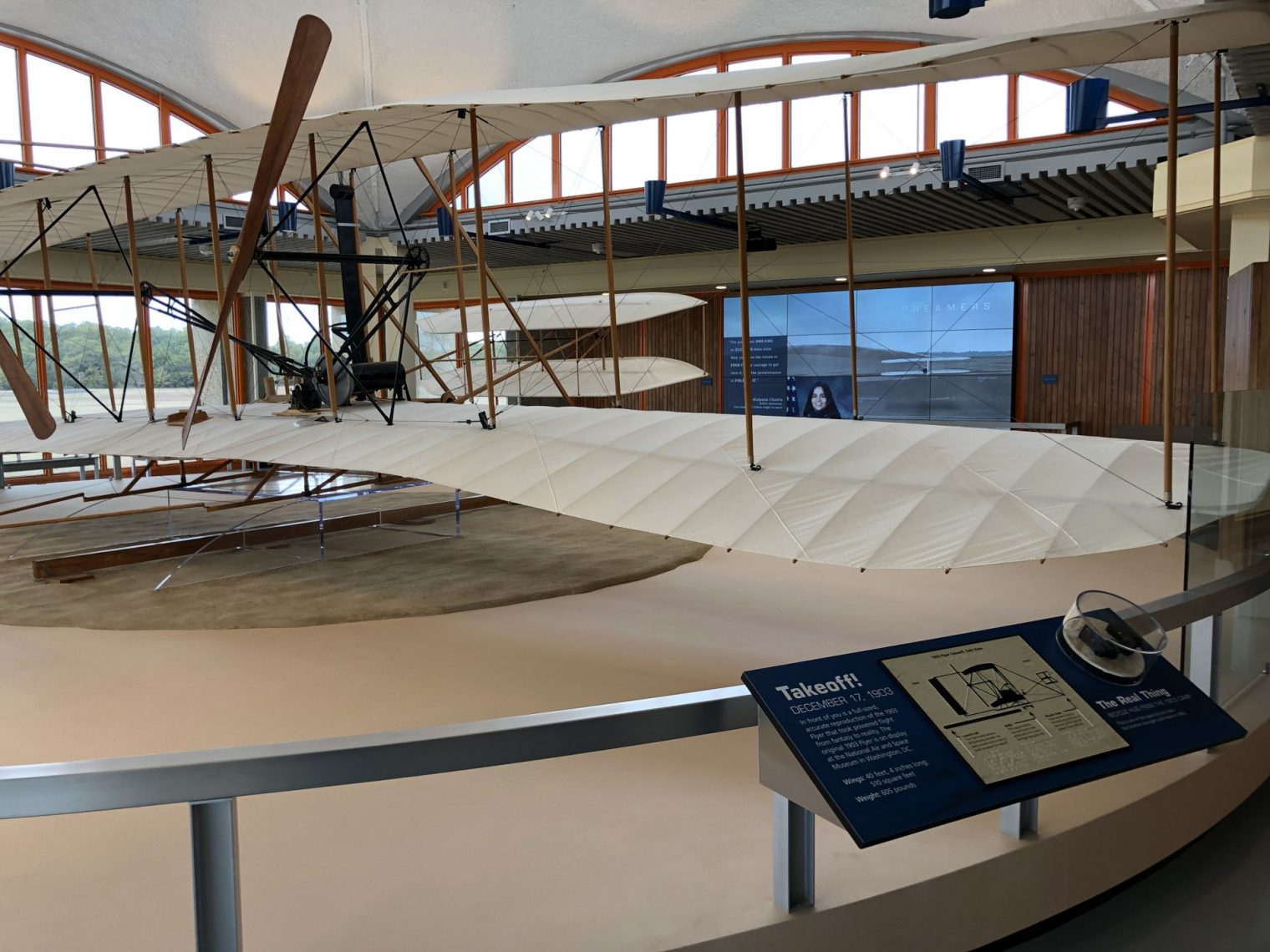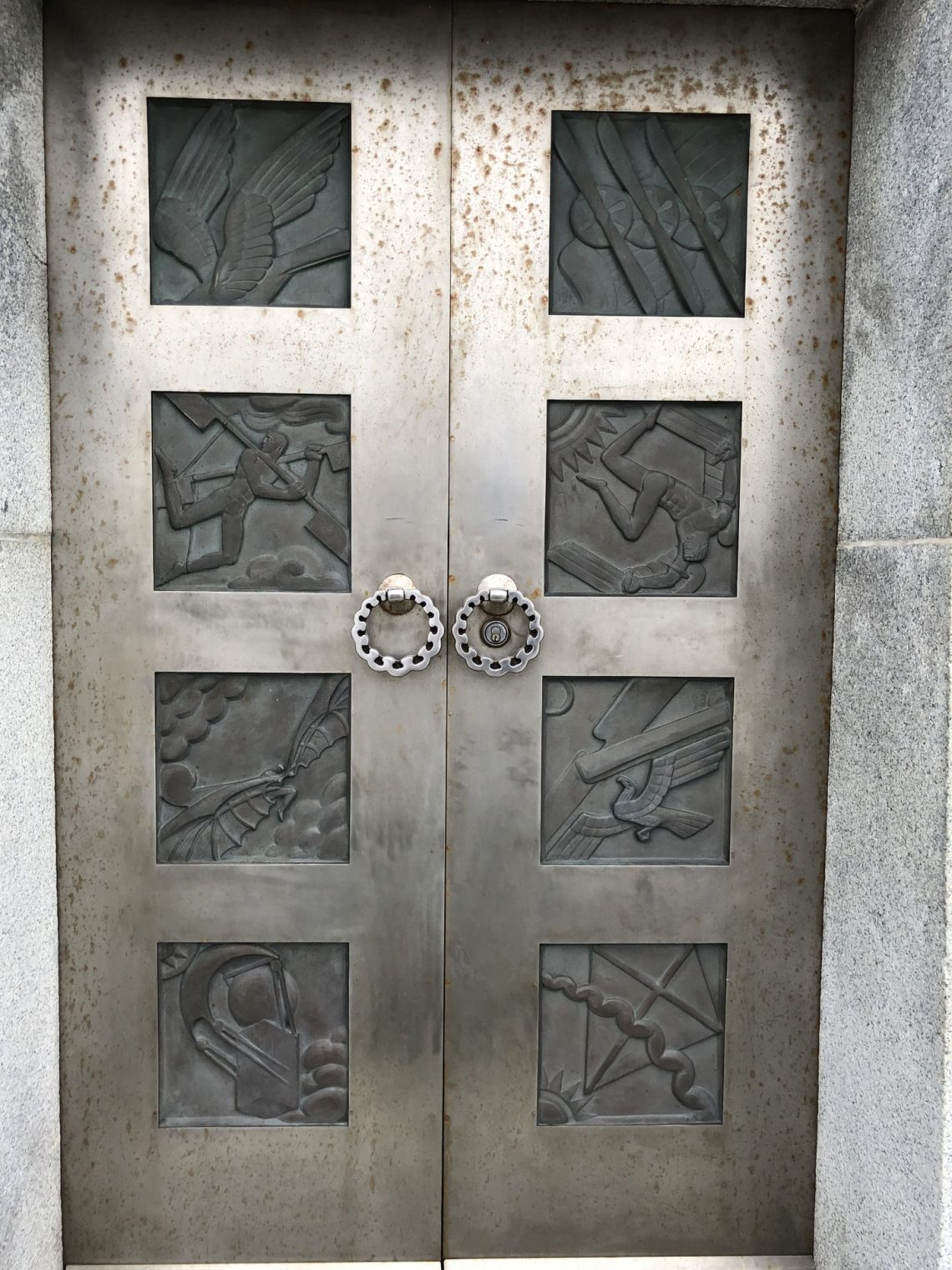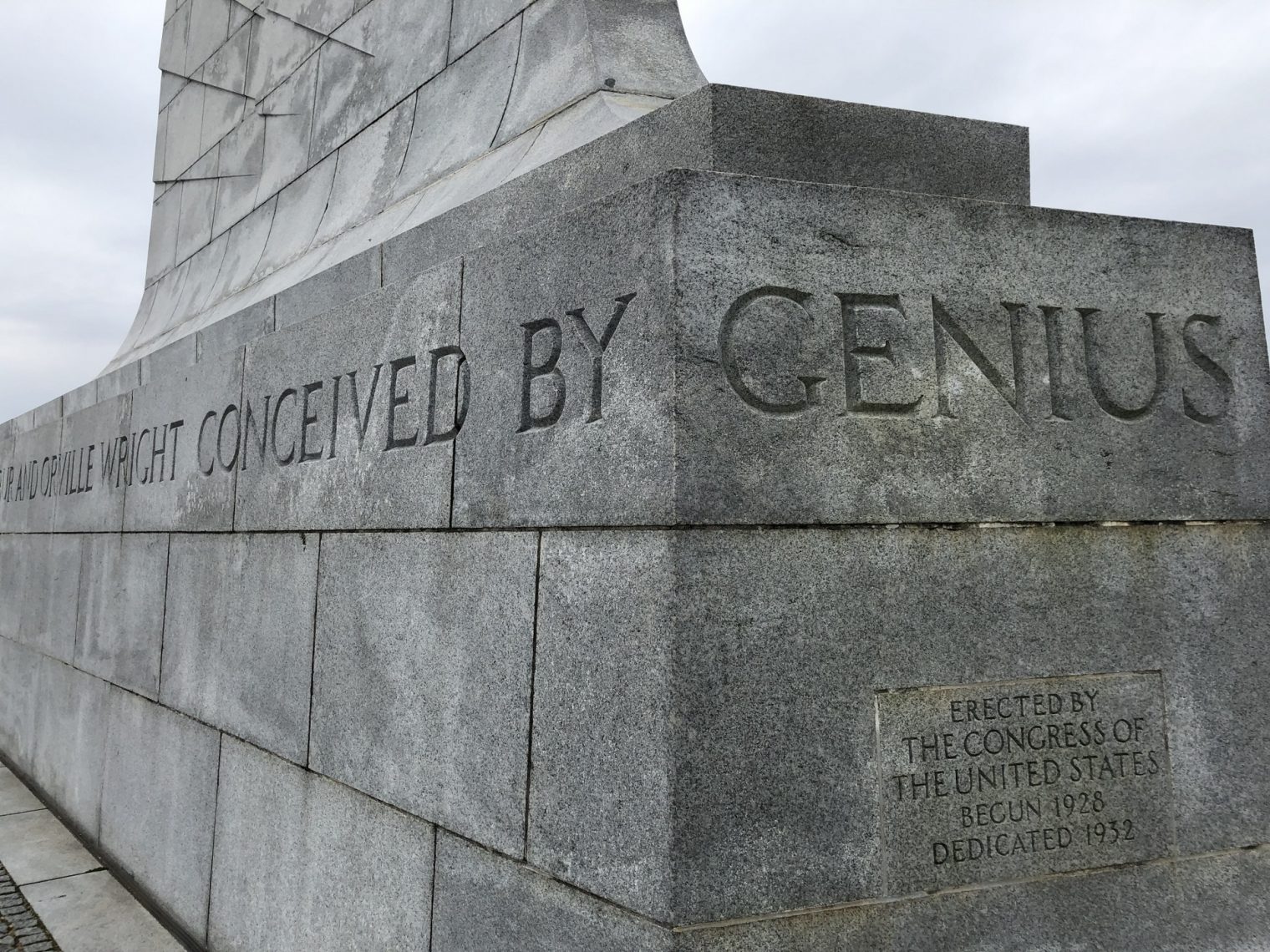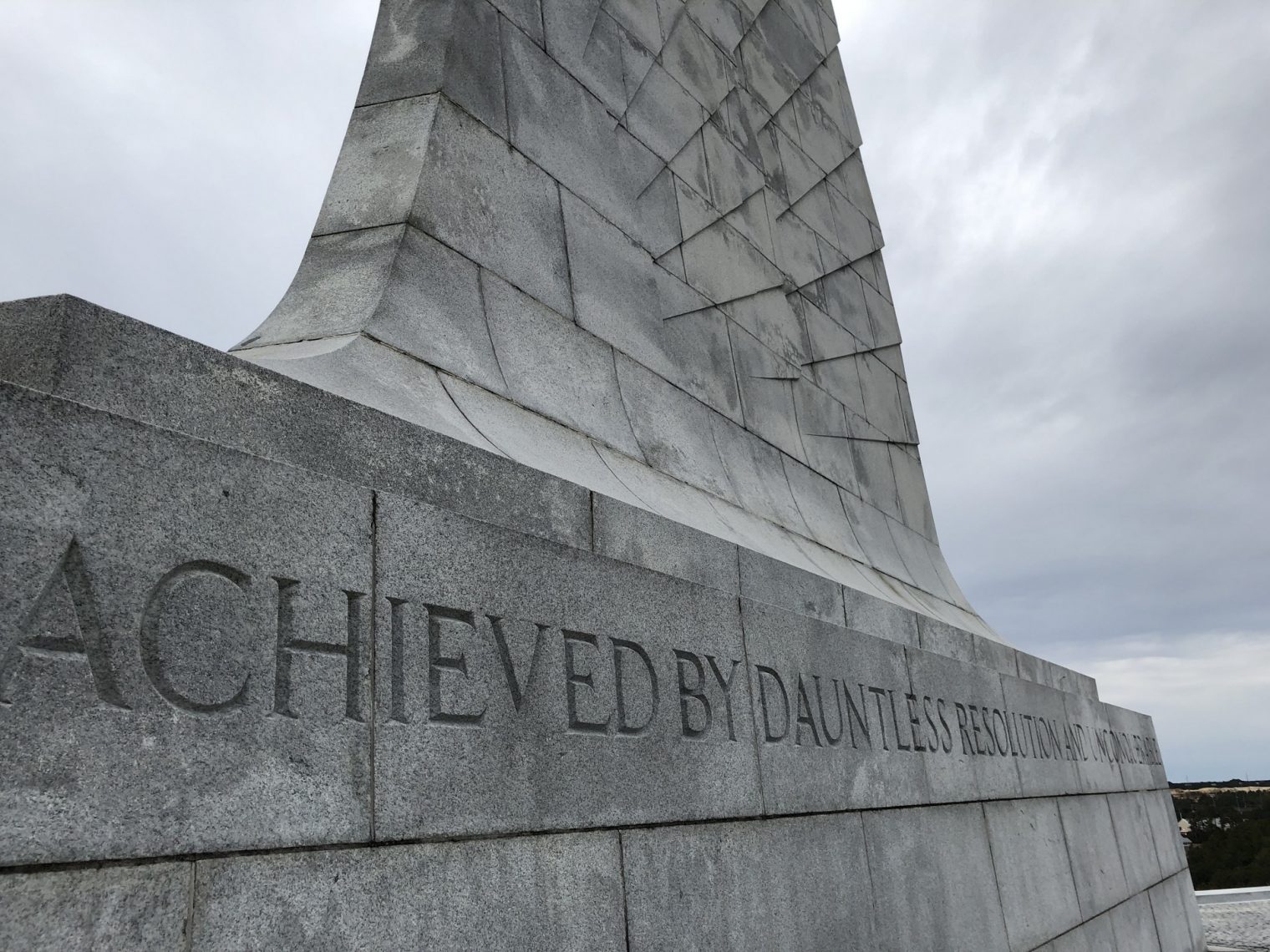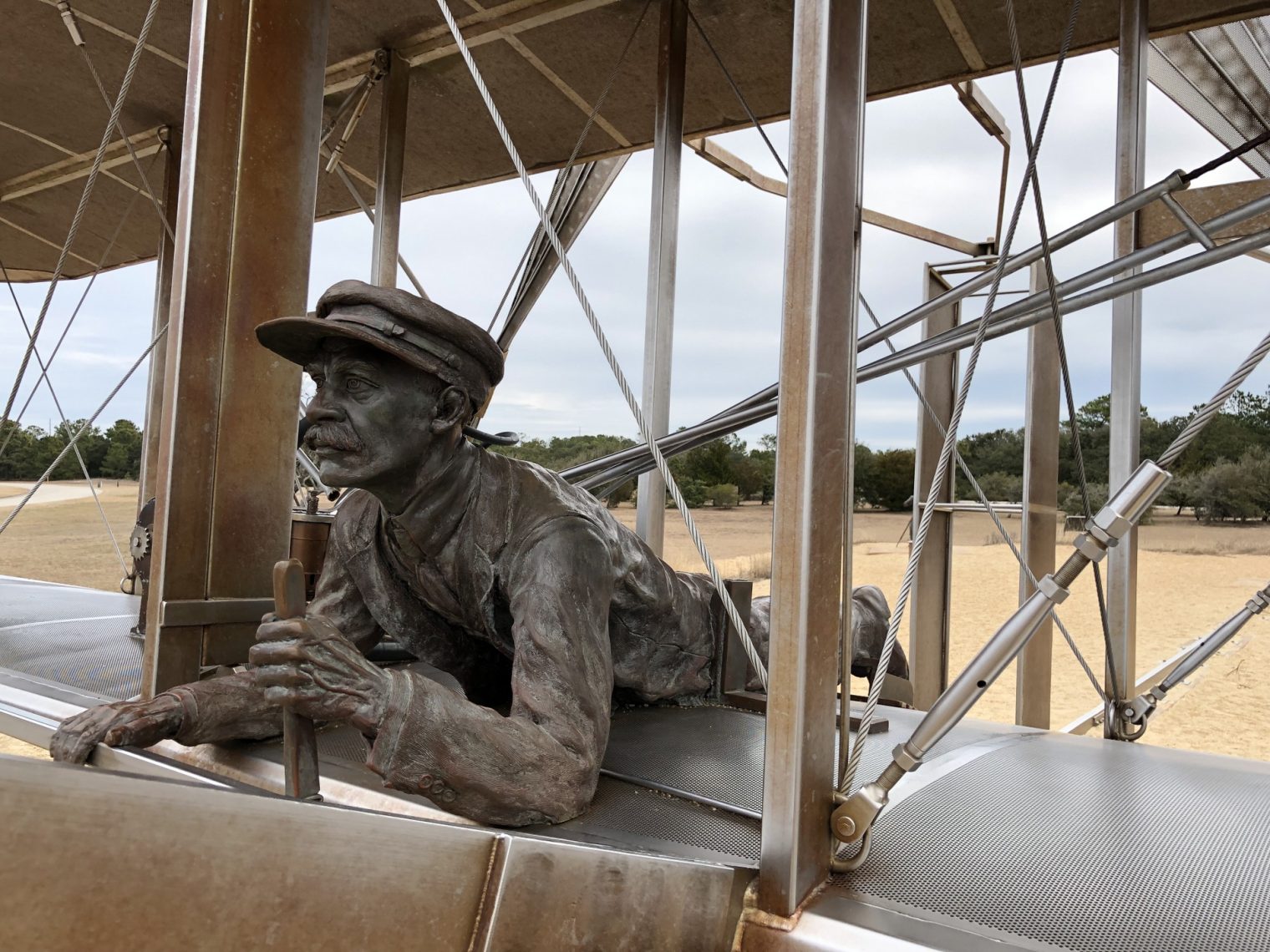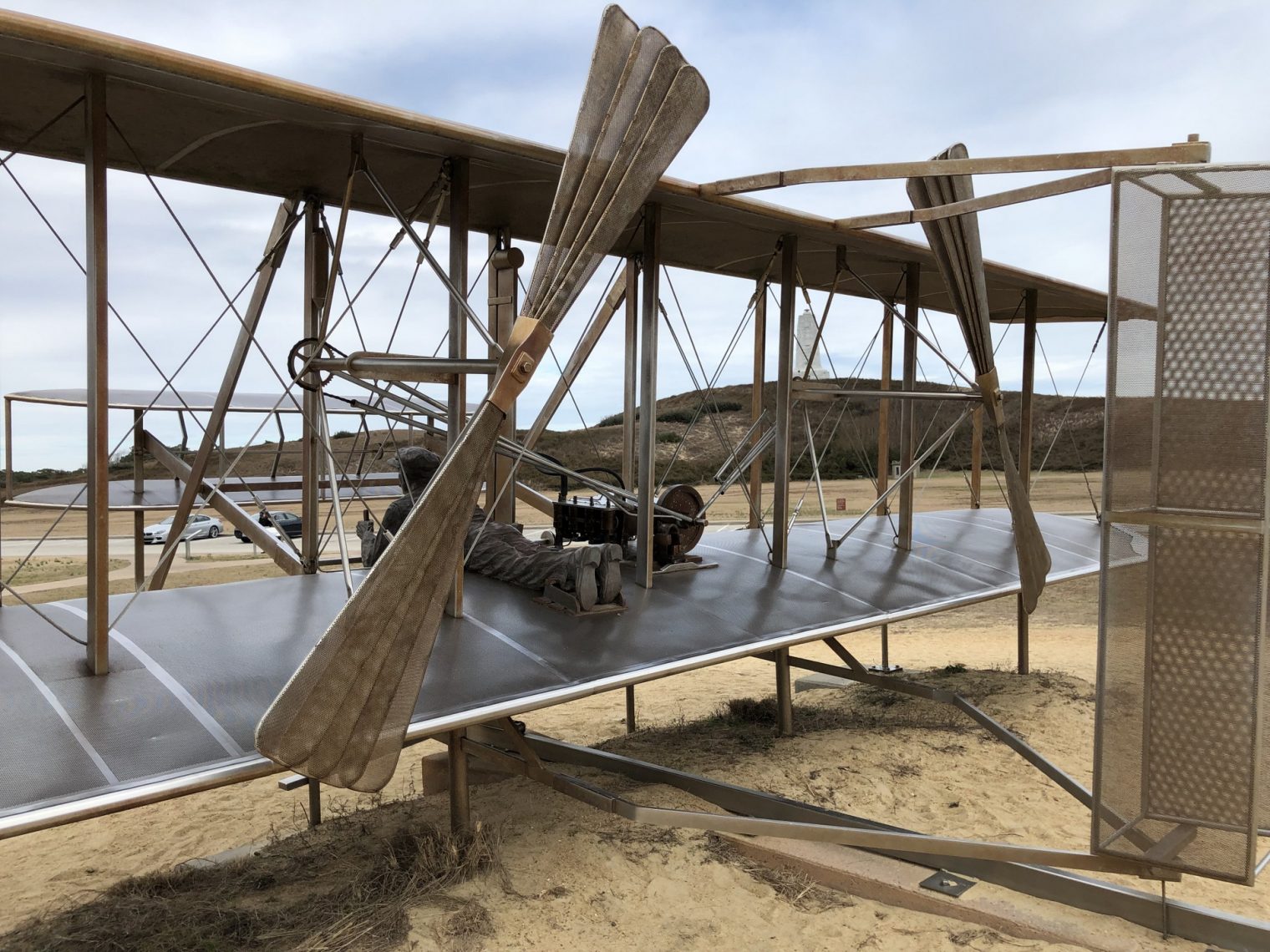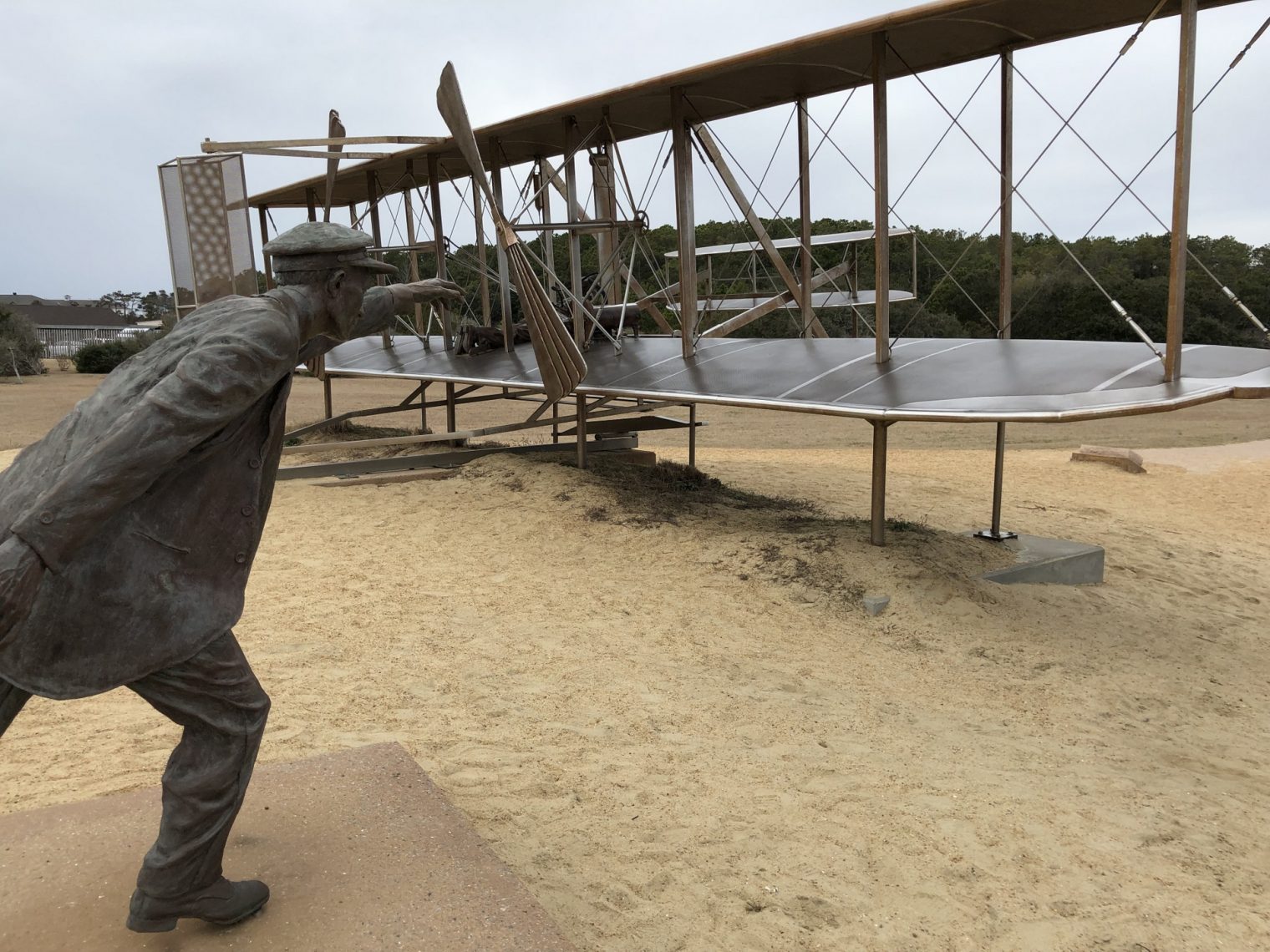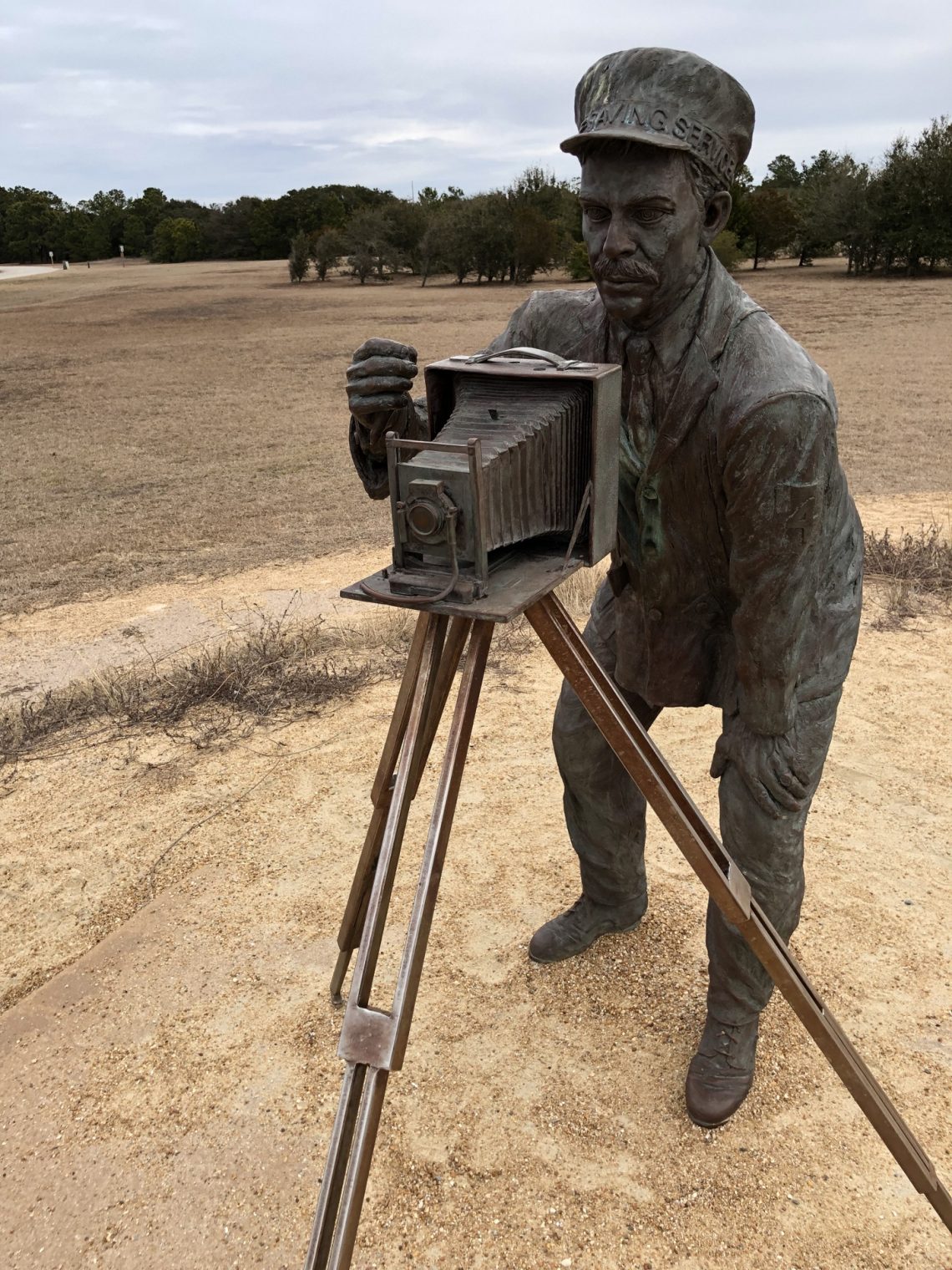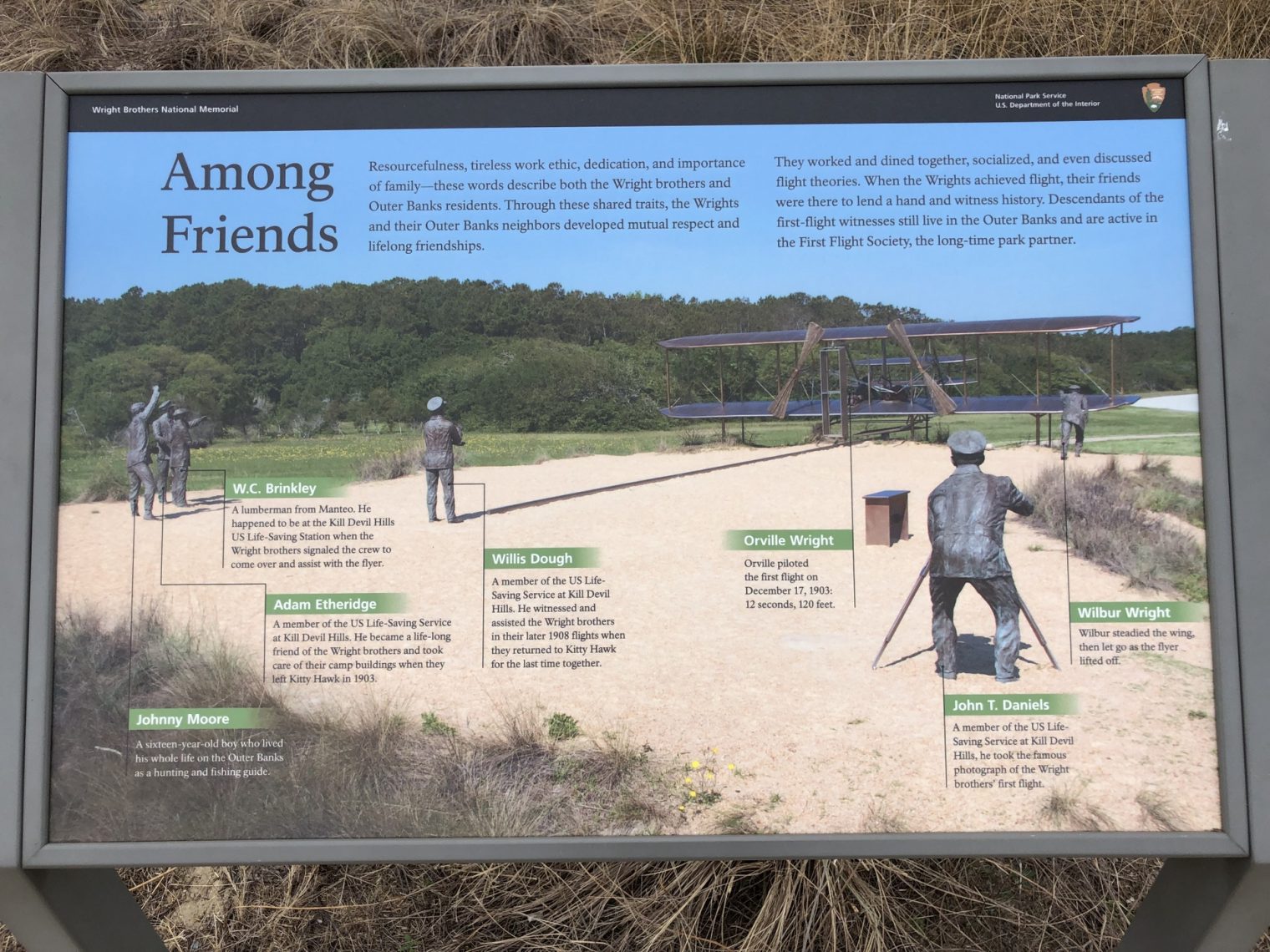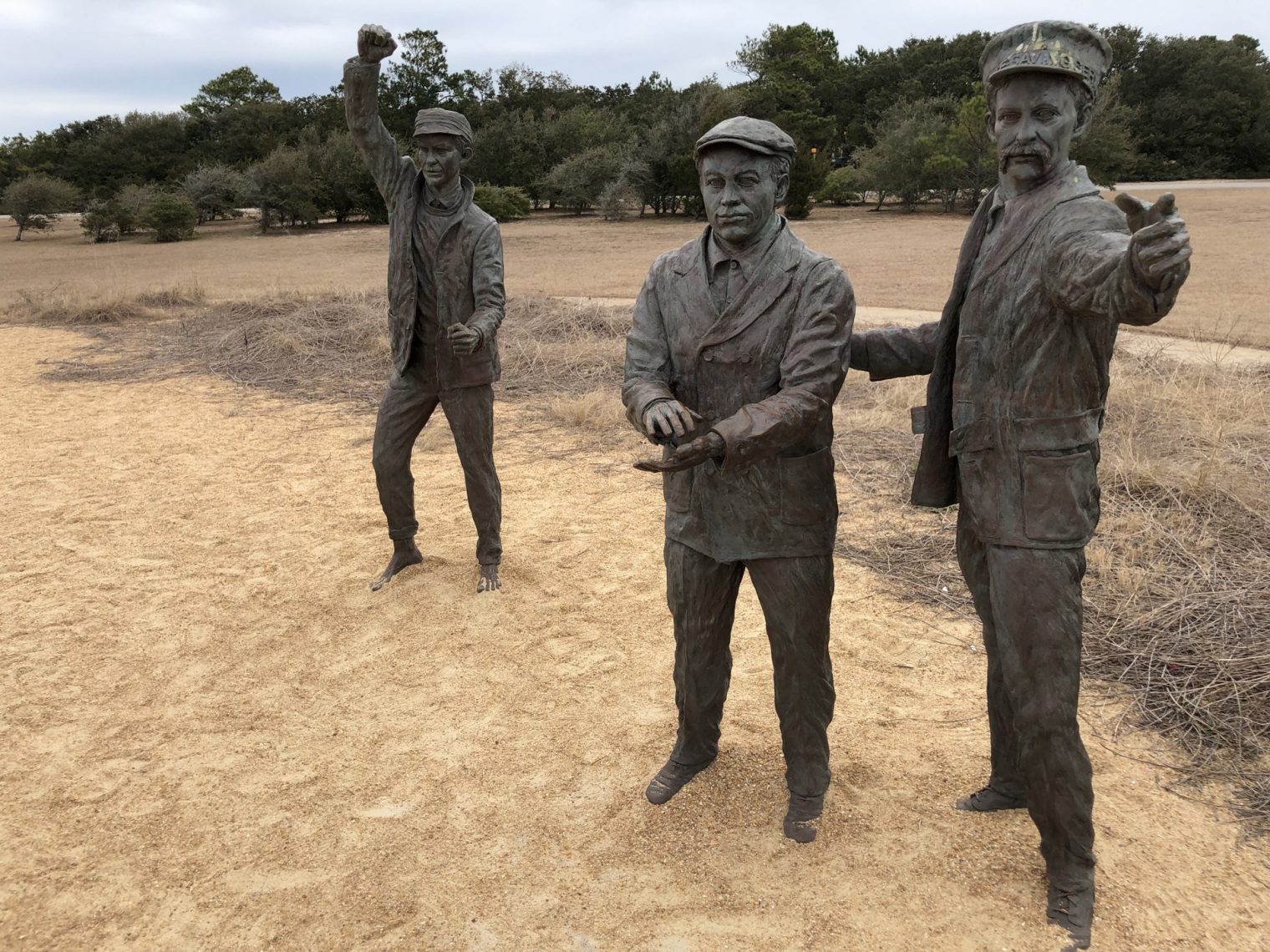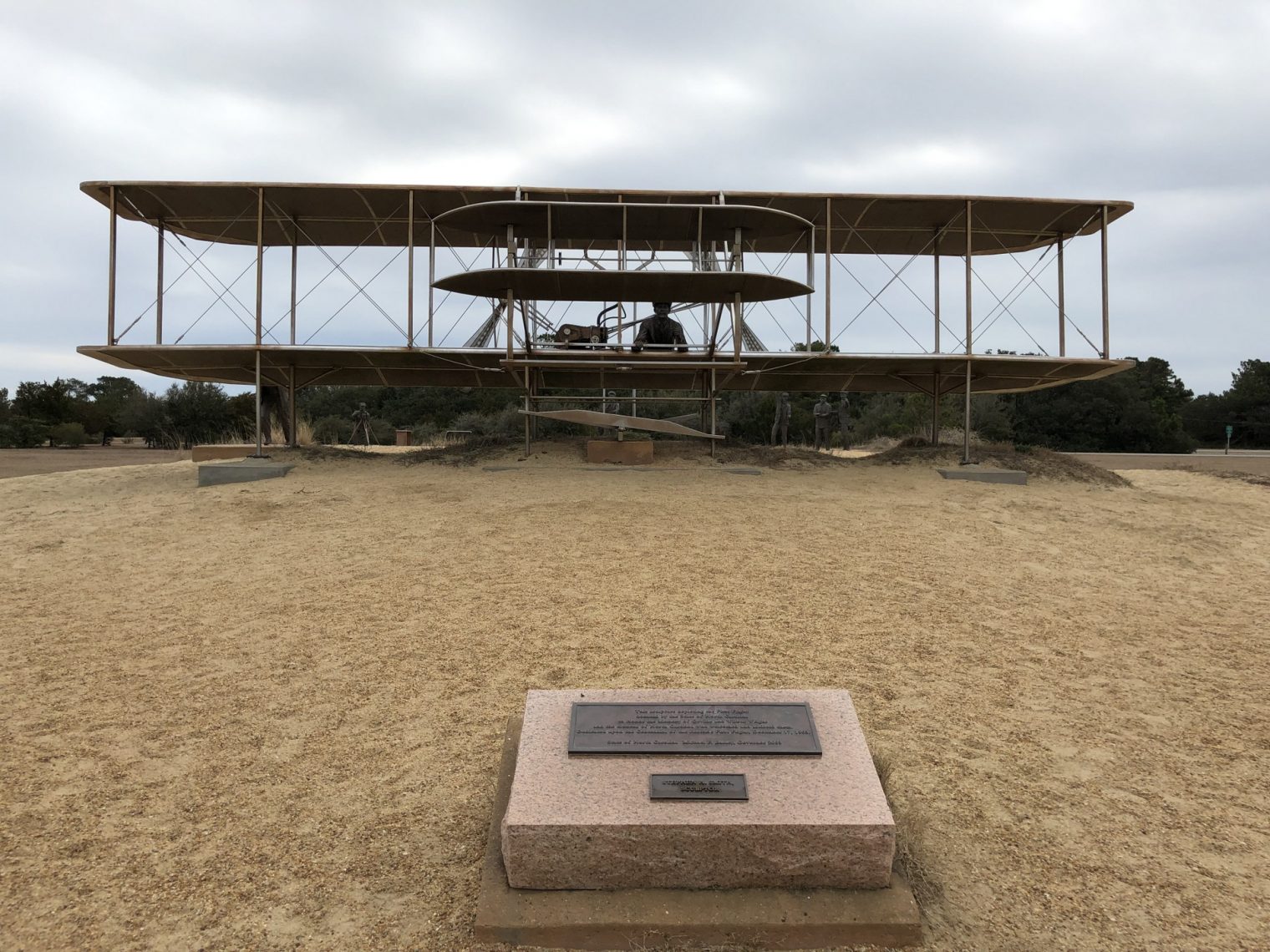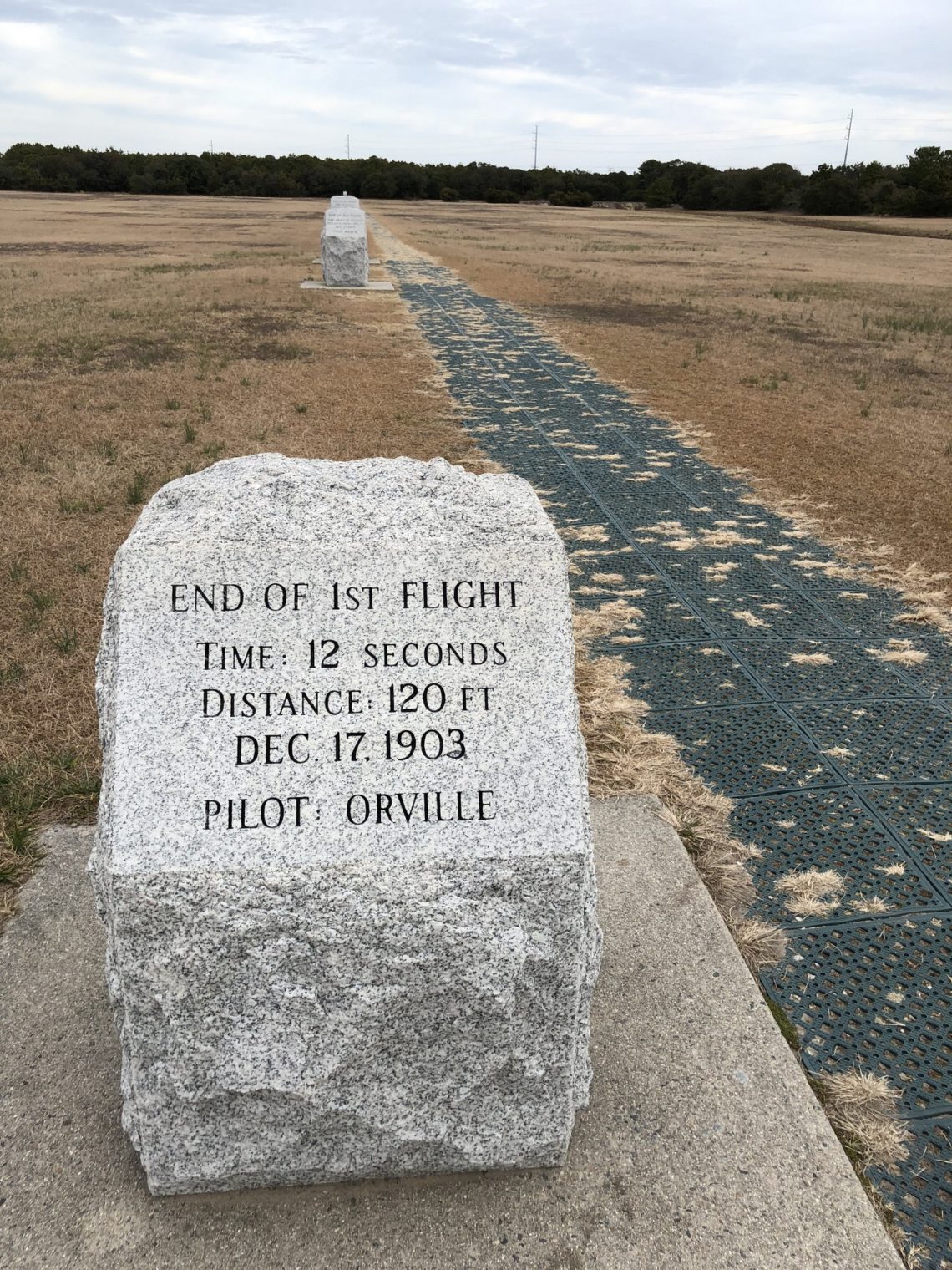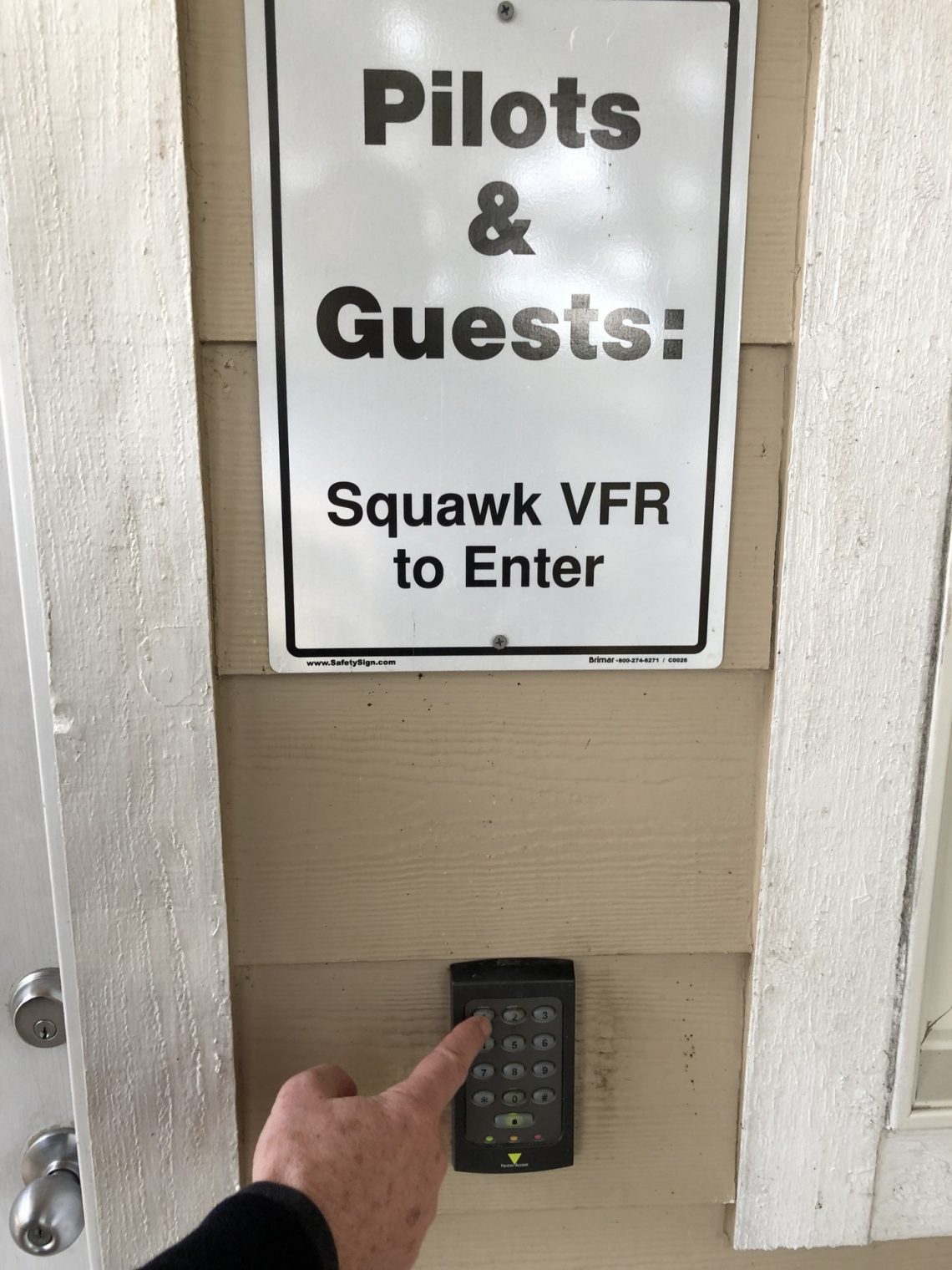The Line Becomes a River is by a guy who worked as a Border Patrol agent between 2008 and 2012. He is outraged by U.S. policies that result in families of migrants being separated:
No father should be kept from his family this way, no father should have a young son and wake up unable to hear him in the next room.
A big portion of the book concerns two undocumented immigrants whose children were born on U.S. soil. Due to “birthright citizenship,” the children are U.S. citizens despite the illegal status of their parents. When the father is caught and deported, the parents decide that the children and mother need to remain in the U.S. so that the children can have maximum opportunity (and once the 15-year-old turns 18 he can sponsor his dad by right for a Green Card).
From Mom to the immigration bureaucrats:
Lupe wrote in Spanish on lined school paper borrowed from her children: I Lupe Balderas declare that José Martínez-Cruz is my husband since the year 1999. We have 3 boys age 15, 10, and 8. … now we miss him very much because I Lupe cannot take my boys to the park because lately I have been unwell. My husband took my boys to play soccer every Wednesday and on weekends he dedicated his time to us to eat and go out and now we miss him. My husband has given sixteen years of happiness and love to my sons and me but we won’t return to Mexico because my boys don’t know anyone there and they speak very little Spanish and it’s very difficult to adapt to another country when their whole life has been here they were born here and they are growing here. For us as parents we want the best for our sons Diego, José Junior, and Vicente. … we give hope to God that very soon we will be together because God does not like to see his children separated.
From a son:
Hi I’m Diego Martínez I’m the son of José Martínez I’m his oldest son I am 15 years old. I have two younger brothers. One is 10 and the other is 8. I’m working to keep my brothers happy to buy them what they want to keep them happy. Well my dad José is the nicest guy I know my dad is like my best friend and my father. I treat my dad with so much respect he’s the father any kid would want to have. My mom and my whole family broke down when we saw him at court on the first court he had everyone started crying. … I miss my dad he knew how to cheer us up when we were down. He took us to the park on Monday and Wednesday to play soccer with our church friend he got along with everyone at church my dad was the coolest person most nicest, most religious, most caring person always made my mom happy, always putting a smile in our faces every single day he’s also very smart and very funny. … How I feel right now about my dad being in jail and seeing him like this makes me really sad depressed my father isn’t here with us everyone that asks me about my dad makes me sad to say he’s in jail. My heart kinda stops pauses and breaks down on every letter they send him he was a man with three children and one woman. Each one of my friends I’ve had for many years loved my dad because he took us to places like to any place appropriate, to mountains in the west to parks to many places in the city. My dad did anything to make us happy now my life is depressing hollow my dad’s not here. A missing place for him here waits.
Thanks to modern telecommunications and transportation, the family can talk 24/7 and actually get together regularly:
I asked Lupe about the boys and she told me that an uncle with papers had offered to take them across the border so they could see their father.
A week later I checked in again with Lupe. Did the boys see José? I asked. Yes, she said, but not Vicente. He just got his arm put in a cast. He’s a little sad, she explained, he hasn’t seen his daddy since he was in court. Lupe told me that José was still at the border, that he planned to cross again soon, maybe this weekend, that everything was fine, that he told her not to worry.
I wanted to confess to her that I wished I had the courage to smuggle José myself, to ferry him safely through the desert, past the sensors and watchtowers, past the agents patrolling distant trails and dirt roads, past the highway checkpoints.
From the father:
For a while, you know, a couple months ago, after I had tried to cross again and again, I finally started to think that maybe my family could come live in Mexico until Lupe and I could arrange our papers. I even mentioned it to the boys on the phone. We don’t want to live in Mexico, they told me. We don’t know anyone there. We like it here, they said, we like our school.
When Lupe and I went to get married, the pastor told us that it was important to grow a family, that it was important for children to see their parents together. Es de mucho valor una familia unida. Family should stay together. If I must stay in Mexico and my wife raises my boys alone, they will be getting less care, less love, and so the family will slowly deteriorate. Being a parent is a job that you share, it’s a job you have to be present for.
Some politicians in the United States think that if a mother or father is deported, this will cause the entire family to move back to Mexico. But in fact, the mothers and fathers with the best family values will want their family to stay in the U.S., they will cross the border again and again to be with them.
If I am arrested crossing the border, I understand it’s part of the system. I realize that I am crossing illegally. But it’s complicated, you see. I know I’m breaking the rules, but it is necessary because my family is there. I don’t want to cause harm to the country, but I have to break the law. I have to. Es una necesidad. It is a situation of emotion, of love. Those who accept staying apart from their family are without love. Their children grow up without love. So I must fight against this.
I don’t want to carry drugs across the desert, I don’t want to get myself into more problems, but sometimes it’s not a choice. The same people who control the drug smuggling control the human trafficking, so in some places if you want to get across, you have to carry a load.
To be honest, I would rather be in prison in the U.S. and see my boys once a week through the glass than to stay here and be separated from my family. At least I would be closer to them. So you see, there is nothing that can keep me from crossing. My boys are not dogs to be abandoned in the street. I will walk through the desert for five days, eight days, ten days, whatever it takes to be with them. I’ll eat grass, I’ll eat bushes, I’ll eat cactus, I’ll drink filthy cattle water, I’ll drink nothing at all. I’ll run and hide from la migra, I’ll pay the mafias whatever I have to. They can take my money, they can rob my family, they can lock me away, but I will keep coming back. I will keep crossing, again and again, until I make it, until I am together again with my family. No, no me quedo aquí. Voy a seguir intentando pasar.
The final paragraph above is actually the last paragraph of the book, prior to a brief Epilogue.
The book reveals what I think is a fundamental contradiction in our laws occasioned by birthright citizenship. We cannot bear the idea of the federal government separating families. At the same time, we won’t simply allow anyone who claims to be the parent of a minor child to enter and stay in the U.S. forever. If the child is a U.S. citizen, however, there is no way to implement our stated values. We cannot deport the child. We insist on deporting the parent. But we also insist that the federal government should never separate parents from children.
[Separately, the author is a product of U.S. state government separation of parents from children via our no-fault divorce laws. His mom has been through family court so many times that the author thanks “three fathers” in the Acknowledgments. Mom of author did not meet her own father until she reached the age of 17. Until that age, the only contact that she had with her mother’s former partner was a photograph. Like Elizabeth Warren, Americans are eager to see children separated from one parent in the event that an American adult wants to have sex with some new friends (and will offer significant cash incentives for this behavior), but they’re inconsolable if children are separated from one or both parents in the event that a parent is detained and/or deported.]
Helicopter enthusiasts and Airbus salespeople will appreciate The Line Becomes a River. Whenever there is a need for transportation, a Border Patrol Eurocopter spins up. It might be a dehydrated migrant. It might be looking for a corpse in the desert.
Full post, including comments 